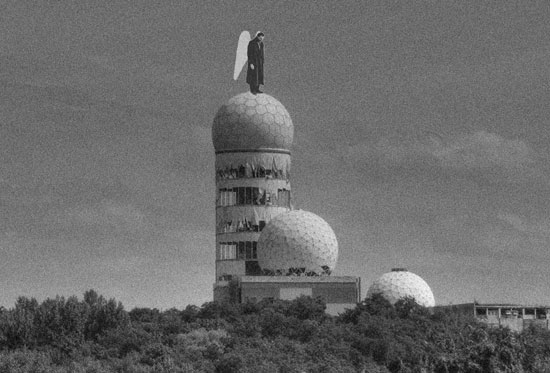BERLIN – City between Memory, Renewal and Amnesia
October 4-9, 2010
week long workshop, Department of Architecture, Cornell University
Instructors: Prof. Werner Goehner and Matthias Ballestrem

Berlin remains an archetype of the complex encounter between memory, renewal and amnesia. In this city, culture and politics have always been intertwined. In a process which could be called "Automatic Urbanism", Berlin, like no other city in Europe, has been formed by the events of the 20th century. The unintended side effects of political, economical and military actions have shaped the city. More than any other metropolis, Berlin has absorbed and given Gestalt to the essential forces of the modern era: modernity, fascism, World War II, Stalinism, Socialism, Cold War, revolts of the '68, capitalism.
During the last 150 years Berlin underwent a number of significant ideological, political and physical changes contributing to a historical richness unmatched by any western capital: Schinkel's neoclassical "Spree-Athens", early metropolis, modernist hotbed in the twenties, Nazi Capital, war victim and destruction in the forties, post WW-II mirage, resurrection and belated peaceful destruction through traffic planners and ideologues, western showcase and cold war demonstration and division.
Berlin has always already been a test bed and laboratory for political and architectural ideologies resulting in a rich palimpsest of ideas about the city which produced a discontinuous urban field hardly to be found in any other world capital. Until today, antagonistic, political, ideological, economical and military forces produce unplanned, surprising structures, activities and events; urban phenomena beyond traditional categories of urban design and architecture, which contain rich potentials.